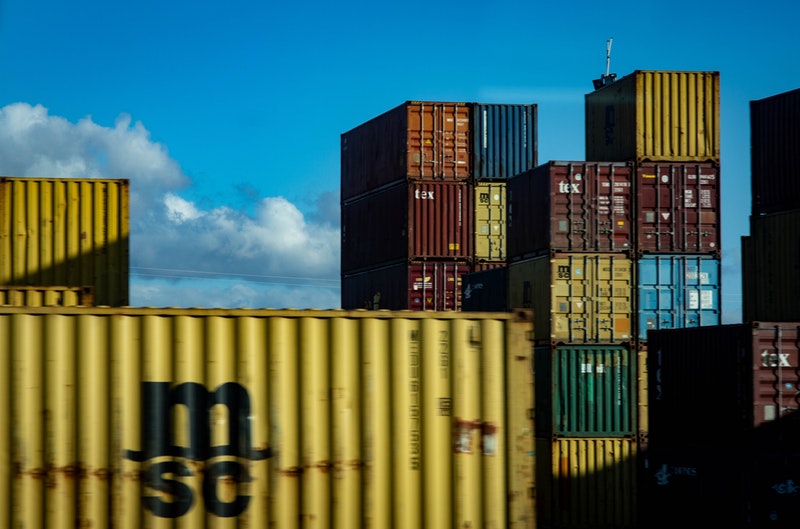Starting from October 14, any import and export activities through Nigerian borders have been banned by the Customs. Find out more about the reasons for this decision and how it can affect life in Nigeria right now!
Shop safely anytime you want on Jiji
1. What happened?
On October 14, President Buhari announced a complete ban on any goods that anyone wants to import to Nigeria. While this news came as surprise, many Nigerians were awaiting something like that, as back in August the government announced a partial ban on importing and exporting goods.
Read more: Where To Get Collateral Free Personal Loans Online In Nigeria
As a result, currently, it is impossible to import any goods to Nigeria, even if they are intended to be imported legally. According to the new policies, all goods must be imported and exported through Nigerian ports, where they can be quickly and easily monitored and can enter the country officially.
The ban also does not concern oil products, which are exported through the country’s ports. However, any other products, especially foodstuff, cannot be imported or exported to or out of Nigeria, and there is no anticipated date for the ban to be lifted.

2. Why did it happen?
The initiative to ban the exports and imports in Nigeria was started by Nigerian Customs in an attempt to stop the smuggling and import of low-quality goods to the country. The Customs has not been able to prevent these activities in any other way, which is why they feel the harsh method of introducing a ban is completely justified.
Read more: CBN To Increase VAT! How This Could Affect Your Business!
For years, the Nigerian Government has been trying to boost the production of foodstuff in the country, especially in the agricultural sector. When they did not see the desired accomplishments in this department, banning any import and export activities seemed like the most logical step to them.

3. The aftermath
Even though the agricultural sector in Nigeria has been steadily developed for years, it still does not produce enough foodstuff to feed the 190-million population of the country. Nigeria has been heavily relying on food imports for the past years, which is why the import ban is expected to affect the whole nation.
Read more: NCC To Block 9.2M SIM Cards! How To Check If You Will Be Affected!
The first aftermath of the import ban is the increase in the prices for the most common food products. A week after the ban was introduced, Nigerians are already reporting surging prices on rice and other staples in the Nigerian markets. If the import ban is not lifted soon, the prices can be rightfully expected to increase further.
The import ban will also affect neighbouring countries, especially Benin, whose economy also heavily relies on exporting food to Nigeria. The inability to export products means a loss of profits for Nigerian entrepreneurs who have expanded their businesses to overseas markets. It is still early to fully assess the aftermath of the import ban, but we can only hope it will be lifted soon.

Buy and sell anywhere you are from your mobile phone with the Jiji app










